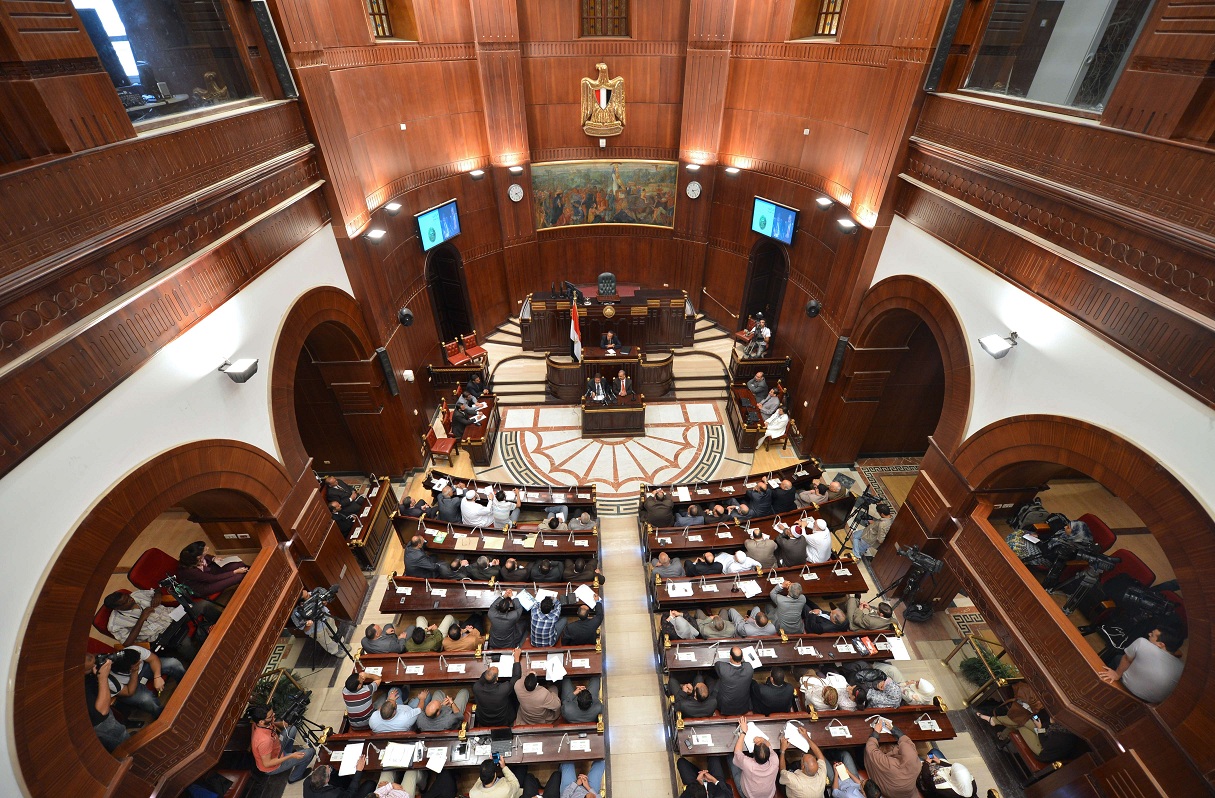CAIRO: An Egyptian doctor was shot in a hospital in the United Arab Emirates by a Saudi man who blamed him for a family member’s death.
According to independent daily Al-Masry Al-Youm, Mohamed Hany was shot in the emirate of Aseer, and is in the intensive care unit, awaiting surgery.
The Saudi man accused Hany of misdiagnosing a family member who they suspected carried the H1N1 virus. The patient died shortly after his family moved him to another hospital.
His relative then returned to the hospital where Hany works and shot him.
Human Rights activists argue that this crime is a violation of human rights and say they will intervene if legal action isn’t taken.
“If the criminal is not arrested, interrogated and justice is served then it will be a violation of the victim’s rights, said Gamal Eid, executive director of the Arab Network for Human Rights Information.
“If justice is not served then this could be a case of discrimination against the Egyptian doctor as a foreigner or it could be looked at as an exploitation of migrant workers, which are violations of human rights, he explained.
Eid noted that the motive behind the crime has to be indentified whether it is a result of a personal dispute between the two or merely against Hany “as an Egyptian doctor.
The Doctors’ Syndicate also said that if legal measures are not taken against the perpetrator, then it will be a violation against Hany as an Egyptian doctor and this will force the syndicate to intervene, explained Hamdy El-Sayyed, head of the Doctors’ Syndicate.
El-Sayyed explained that any action will be taken through the Egyptian Ministry of Foreign Affairs.
According to Hossam Bahgat, chairman of the Egyptian Initiative for Personal Rights, in 2003 Egypt became bound by an international treaty at the International Convention on the Protection of the Rights of All Migrant Workers, which places a higher legal obligation on the government to protect the rights of Egyptian migrant workers abroad.
The treaty, which was enforced in July 2003, is meant to prevent the exploitation of migrant workers and put an end to the illegal or clandestine recruitment and trafficking of migrant workers. In addition, it sets out to provide a framework for their welfare and safeguards their rights.



